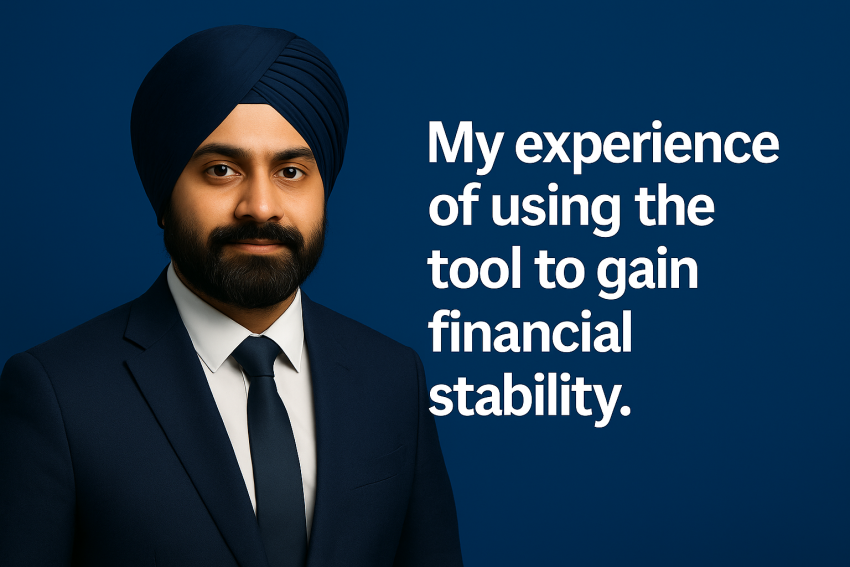By Andrew Baker
Introduction
My name is Andrew Baker, and though my surname might not sound typically Indian, I was born and raised in Mumbai. Like many people here, I grew up in a culture where family responsibilities, competition, and constant change were a part of daily life. In such an environment, motivation wasn’t just something nice to have — it was essential for survival and growth.
Over the years, I’ve learned that motivation isn’t a feeling that magically appears. It’s a structure you build, a mindset you nurture, and a system you practice. Here’s my story.
1. Starting With Family as My “Why”
In Indian culture, family is often the biggest motivator. For me, my drive came from wanting to create a secure financial base for my parents and a better future for my children. My personal motivation didn’t come from wanting wealth for its own sake — it came from responsibility.
When you connect your goals to something bigger than yourself, you’ll never run out of reasons to keep moving.
2. Building Discipline Through Daily Habits
Motivation fades if it relies only on inspiration. I realized I needed habits.
- I began every morning with journaling and 10 minutes of meditation.
- I added a short workout routine, which gave me energy throughout the day.
- Most importantly, I started reviewing my financial goals weekly, no matter how busy life got.
Consistency, even in small steps, built momentum.
3. Tools That Kept Me on Track
Like many professionals in India, I used to struggle with distractions and poor planning. What saved me were tools and systems:
- Habit tracker apps — making progress visible kept me consistent.
- Budgeting apps (like Walnut and ET Money) — helped me see where every rupee was going.
- Vision board — a simple chart on my wall showing my goals in pictures: a home, a healthy body, and a stress-free life.
These tools made motivation practical.
4. Reframing Failure
I’ve faced failures — job rejections, bad investments, missed targets. In the past, I used to take them personally. But over time I learned to reframe them:
- Failure = data, not defeat.
- Every mistake is feedback.
- The real failure is refusing to learn.
This shift made me resilient. Instead of losing motivation, I gained wisdom.
5. The Role of Energy
Personal motivation is tied to physical energy. When I neglected sleep or exercise, I lost focus. When I practiced yoga and stuck to healthier meals, my drive improved. Motivation doesn’t exist in a vacuum — it grows when your body and mind are aligned.
Conclusion: Motivation as a Lifestyle
Today, people ask me how I stay motivated. My answer is simple: I don’t wait for motivation. I create it.
- I anchor it in family responsibility.
- I sustain it with daily habits.
- I track it with tools.
- I protect it with energy and resilience.
If there’s one thing I’ve learned, it’s this: motivation is not about being inspired once. It’s about designing a lifestyle that keeps you moving forward, one step at a time.

